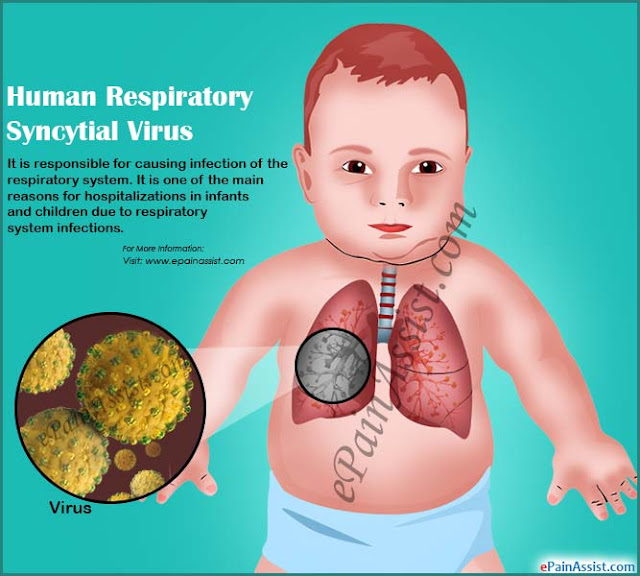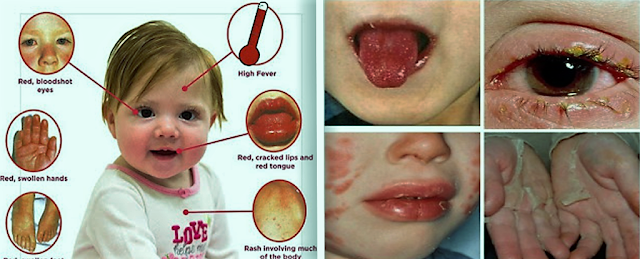Pediatric Nephrologists
What is a Pediatric Nephrologist?
If your child has kidney or urinary tract disease, bladder problems, kidney stones, or high blood pressure, a pediatric nephrologist has the special skills and experience to treat your child. Pediatric nephrologists treat children from infancy through late adolescence and in some centers up to young adulthood.
Hompage: check out
What Types of Treatments Do Pediatric Nephrologists Provide?
Pediatric nephrologists diagnose, treat, and manage many disorders affecting the kidney and urinary tract, including kidney failure, high blood pressure, inherited kidney diseases, kidney stones, urinary tract infections, and abnormalities in the urine such as blood and protein. They also know how to evaluate and treat problems with growth and development that are specifically related to chronic kidney disease. They are also skilled in helping patients transition from pediatric nephrologists to nephrologists and urologists that care for adult patients.
Pediatric nephrologists generally provide the following services:
- Dialysis
- Kidney transplantation
- Kidney biopsies
- The interpretation of x-ray studies of the kidney
- The interpretation of laboratory studies related to kidney disease
- Ambulatory blood pressure monitoring
Pediatric nephrologists are the coordinators of a team that includes specialized nurses, dieticians, and social workers, all dedicated to the care of children with kidney diseases. They work closely with other physicians such as pediatric urologists, pediatric surgeons, and pediatric radiologists.






Comments
Post a Comment